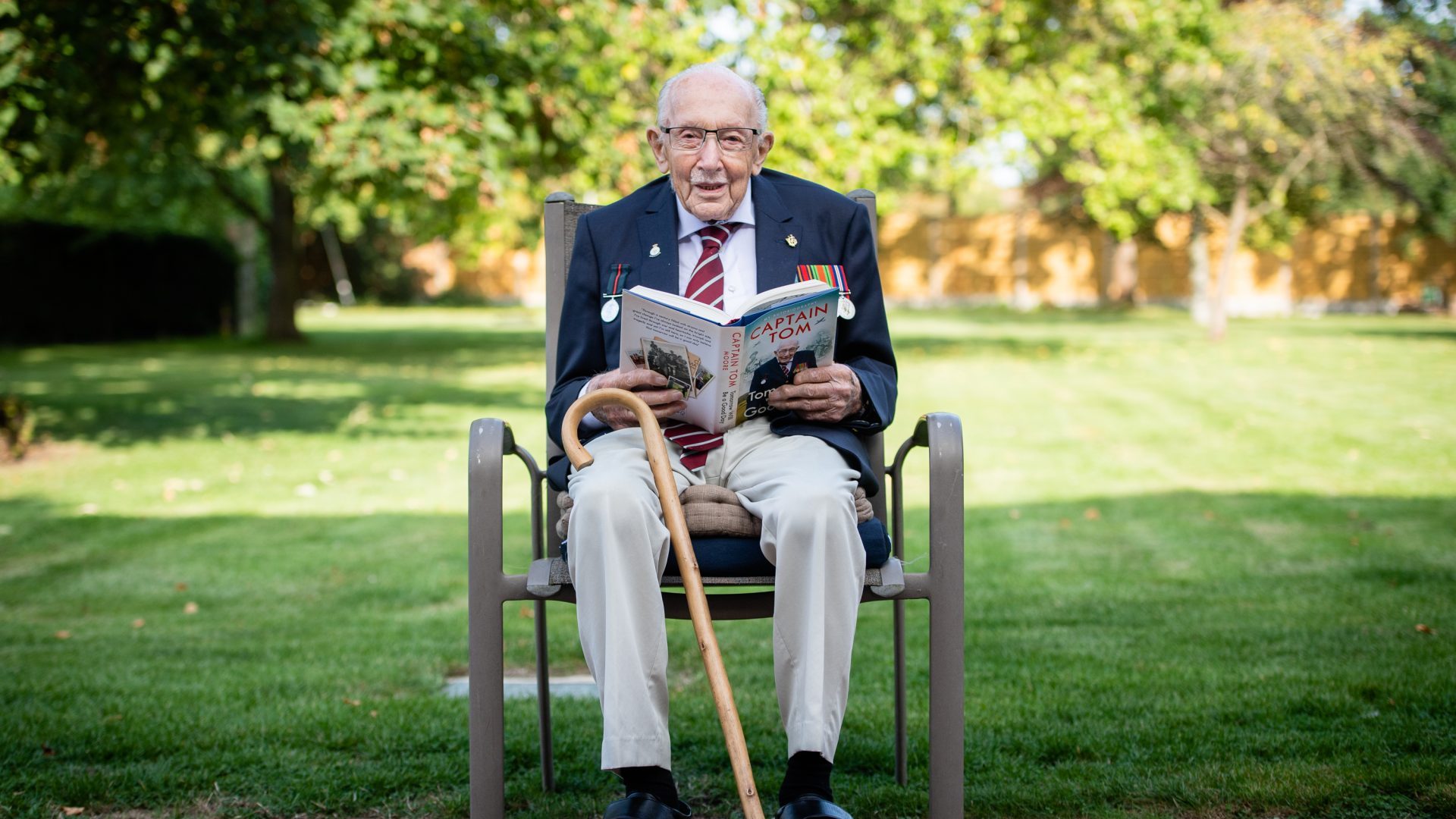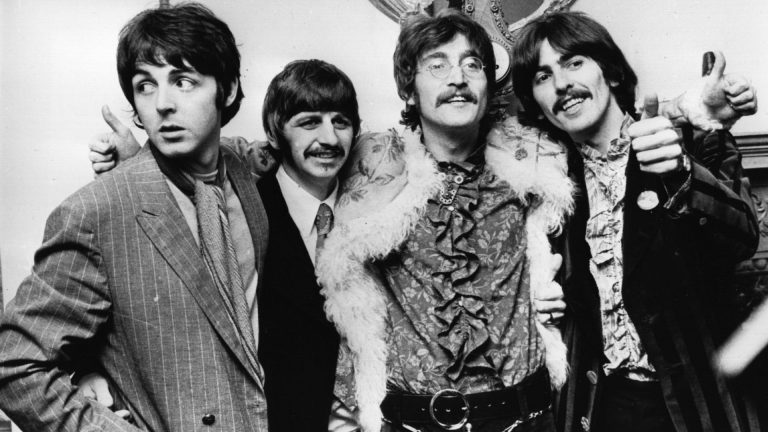There’s a “best-selling biography series for kids” by Maria Isabel Sánchez Vegara that I’ve long been slightly baffled by. Little people, BIG DREAMS – that, like the quote, is the official marketing spiel – uses bold, bright picture books to tell the stories of people who achieved amazing things. Nelson Mandela. Amelia Earheart. Ernest Shackleton. (The series also, bizarrely, features Charles Windsor, a little person who was merely the heir to the British throne, and whose big dream was presumably to be king. But I digress.)
The reason I bring this up is because one of the books, rushed out for the autumn of 2020, concerns Captain Tom Moore. His story, apparently, shows that “by coming together, we can dream bigger than ever – and that when the going gets tough, you just have to keep on walking”.
There is no questioning the valour of the man who fought in the second world war and died of Covid just a few months after being personally knighted by the Queen, but – he always felt a slightly odd inclusion in the series alongside, say, Rosa Parks. Captain Tom’s presence in it, I think, was partly a symptom of the slight hysteria that affected all of us in that period: the shared trauma and cognitive dissonance that resulted from unending months of existential terror, experienced largely in the form of watching box sets. But partly, too, publishing being an industry, it was also an attempt to cash in.
It’s that latter reason which seems most thematically appropriate in light of last week’s Charity Commission report on the Captain Tom Foundation. The regulator did not, it’s worth stressing, find evidence of a crime. And Hannah and Colin Ingram-Moore have released a statement claiming that they have been treated “unfairly and unjustly”, and that they “never took a penny” from public donations.
Nonetheless, the Commission said that Moore’s daughter and son-in-law displayed a “pattern of behaviour” in which they benefited personally from money the public believed they were giving to charity. It documented repeated instances of the “blurring of boundaries between private and charitable interests”.
Some of the details will be familiar to anyone who’s been following this story. The debates over Hannah Ingram-Moore’s salary as interim chief executive of the Captain Tom Foundation (she felt it should be in six figures.) The marvellous saga in which the couple used the name of the charity “numerous times” in their planning application for an outhouse without telling the trustees, as if what what the war hero who raised millions for the NHS had really wanted to honour his memory was for his family to have a spa pool and home cinema. (The couple claimed, delightfully, that they really did intend to use this building for charitable purposes; alas, they were later forced to demolish it all the same)
Other details still have the power to shock. In April 2020, a private firm by the unsettling name of Club Nook, owned by the couple, was paid a £1.47m advance for a trio of Captain Tom books, including his best-selling autobiography, Tomorrow Will be a Good Day. Assurances were made, to Penguin and Carver PR alike, that part of that advance would be used to fund the foundation, and these featured in marketing materials.
Yet the charity received no money from that agreement. The inquiry twice asked the Ingram-Moores to “rectify matters”; on both occasions, they declined. I did not realise this was an option.
The result, understandably, has been outrage. Neighbours have “slammed” the couple; people on phone-ins are furious. “Thank goodness sweet Captain Tom didn’t live to see his grasping daughter besmirch his legacy”, says the Mail’s Jan Moir, who has perhaps not entirely grasped the full implications of what she’s saying there.
In the Telegraph, meanwhile, Judith Woods has warned that the scandal “is a warning to us all to be careful who you donate to”. (“Let us pray the revelations about Hannah Ingram-Moore don’t put anyone off bona fide projects like the Telegraph’s Christmas Appeal,” reads the greatest subhead ever written.) Even Michael Ball has weighed in.
And the story is still rolling on. On Friday morning the Mail revealed that Hannah Ingram-Moore was “STILL cashing in on her father’s name”, flogging £3,500 life-coaching sessions on a website which repeatedly mentions his name.
They all, I think, protest too much. This story has been a ray of light in a dark time, and there are few things the British public loves more than salacious reports of good people who turned out to be less than good.
More than that, could there be a better expression of what the British economy has become than an affluent couple coining it in through memories of a war they never lived through, and using the money to build a spa? For the media, the Captain Tom saga has been the one horribly enjoyable thing to come out of the horror of the pandemic. It has added to the gaiety of a saddened nation.
Perhaps he really did deserve that kids’ book, after all.









